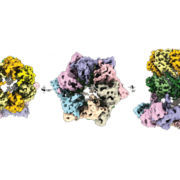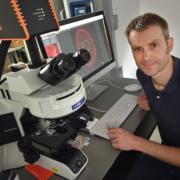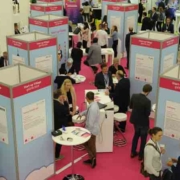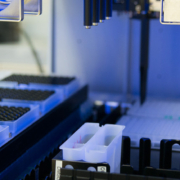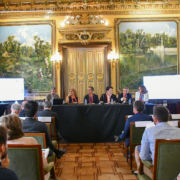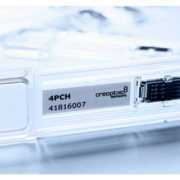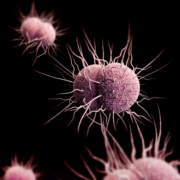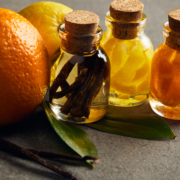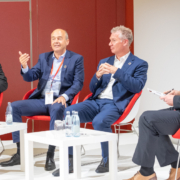QIAGEN and Illumina join forces in the next-gen sequencing-based IVD testing and companion diagnostics market announcing a 15-year collaboration.
ADVERTISEMENT
German researchers have determined the mechanism of a ADEPs, a novel class of antibiotics, allowing for pharmacological optimisation.
A new method allows real-time-visualisation of how the HI virus spreads between living T helper cells and which molecules it requires for this purpose.
How can biotechnology and bioeconomy contribute to establish a sustainable and circular economy? Nearly 500 attendees discussed latest trends at EFIB 2019 in Brussels.
Rottapharm Biotech (Monza, Italy) has published detailed results from a clinical Phase II trial of CR4056 in chronic pain from knee osteoarthritis.
Swiss drug discovery analytics specialist Creoptix AG has raised CHF8m in a Series C financing for commercial expansion.
BASF SE has strengthened its capabilities in recombinant production of natural ingredients by acquiring Dutch Isobionics BV and collaborating with Conagen Inc.
290 participants from 18 nations at the late summer edition of the European Chemistry Partnering in Düsseldorf
- High level or participation from Southern and Eastern Europe
- Attendance record and more than 500 arranged networking meetings
- 4th European Chemistry Partnering will take place on 27 February 2020 in Frankfurt
- Podcast of the panel discussion Digitization Networking in Chemistry available soon


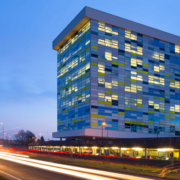 Qiagen
Qiagen